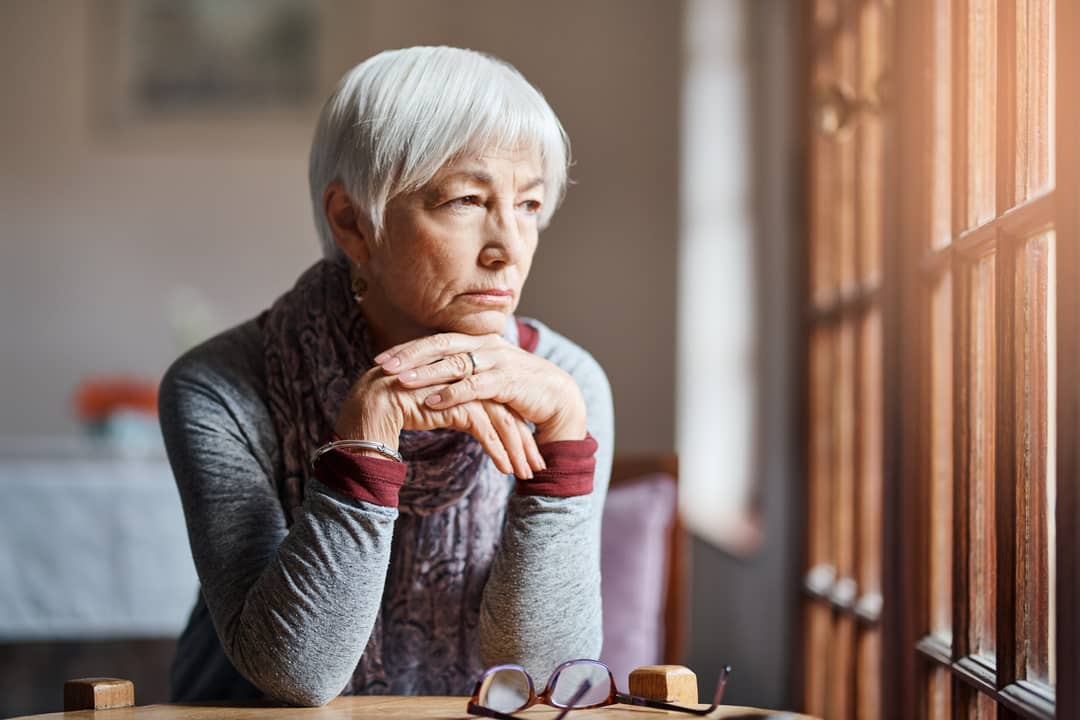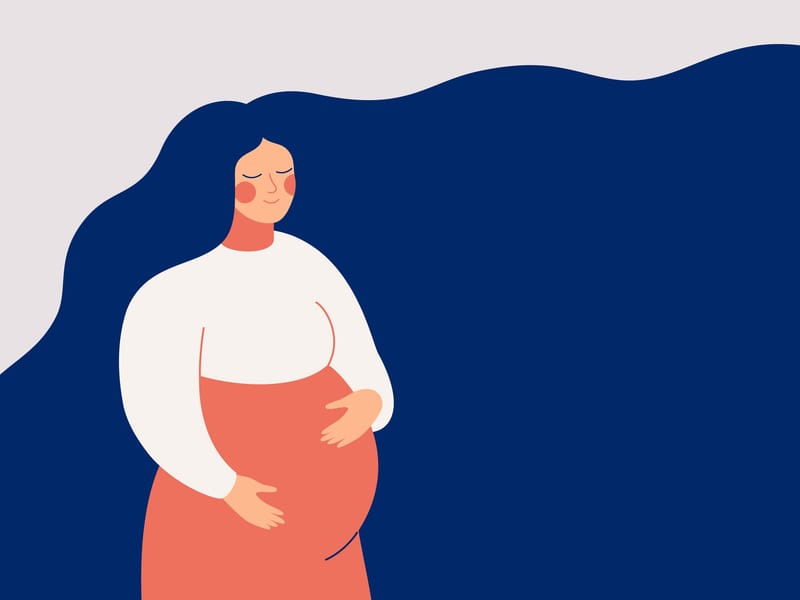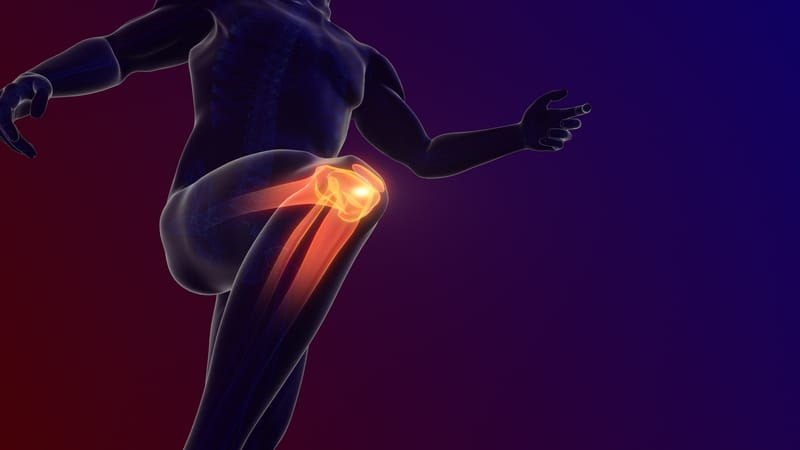
The ageing population in Australia is well-documented. The 65-plus population has increased from 12.3% to 15.9% cent over the past 20 years. This group is projected to increase more rapidly over the next decade, as further cohorts of baby boomers turn 65.
Members of this generation (born 1946-1964) are now in their 50s, 60s, and 70s. Too often, the notion of an ageing population is assumed to mean that we – as individuals and collectively – are in decline. This construction of older members of society can have an adverse effect on mental health.
Read more: Women bear the cost of the COVID-19 care load
Having optimal mental health is central to full social participation. Our Global and Women’s Health team undertook qualitative research interviewing women of the baby boom generation to understand what helps and hinders their mental health. The study centred on women because there’s evidence that the experience of ageing is gendered.
Our study, published in Plos One, is the first published research of its kind conducted in Australia.
The results, outlined in our paper, reveal that circumstances throughout life can have profound influences on women’s mental health in older age. They reinforce the need for anti-discriminatory policies, informed and inclusive healthcare, and social structures that support and enhance the lives of girls and women.
Benefits will be seen at all ages, including among older women who will experience increased potential to contribute to society.
We undertook qualitative interviews with 18 women from rural and urban areas in Australia. The women were diverse in education, heritage, employment status, and experiences of life and ageing. Data was analysed thematically. Mental health was recognised by all participants as significant.
Adverse influences on mental health
Four main contributors to poor mental health in older women were identified, including illness and disability, financial insecurity, maltreatment, and loss and grief.
Almost all women identified an association between physical and mental health. Interviewee Kay, for example, said she realised illness could “tip you” into poor mental health.
The most frequent link identified between illness or disability and poor mental health was that they limit activities that promote good mental health.
All women said or agreed that financial insecurity posed a threat to mental health, whether or not they had experienced it.
One of the interviewees, Dorothy, said she was aware of older women who “live in poverty” and find it “damaging” to their mental health.
Intimate relationships were acknowledged as having a profound influence on older women’s mental health.
A few women had experienced significant maltreatment that had adversely affected their mental health. Maltreatment could be neglect or abuse by parents when they were children, parental violence reappearing when they were adults, intimate partner violence, financial abuse by a business partner, bullying or marginalisation by work colleagues, racism, and the pervasive fear and violence of war and subsequent dislocation as a refugee.
All women described experiences of loss and grief as challenging to mental health. They spoke about their own losses, and about loss and grief in general. In addition to the loss of pleasurable activities (and potentially the loss of self) resulting from illness and disability, they identified retirement from work, the death of or separation from family members, and the loss of country and community.
Contributors to good mental health
Social interdependence, feeling valued, physical activity, good nutrition, and having faith or belief were identified as the main contributors to good mental health. Interdependence of various kinds, from various sources, was identified as important to mental health. Women spoke of supporting and being supported by partners, children, other family members, friends, and the wider community.
Women’s accounts of what made them feel valued were informative, especially in their illumination of how experience influences mental health.
Feeling that one had made a meaningful contribution was particularly important. This could come from helping others and volunteering, participating in or supporting research, donating to artistic endeavours, being a blood donor, or working in a caring role or a job that was valued.
Most women said that physical activity contributes to good mental health. The activities they described spanned gardening, walking, swimming, group classes, bushwalking, dancing, running, cycling, horseback riding, and skiing.
The majority of women said or agreed that good nutrition was important to older women, although the role they attributed to it in maintaining good mental health varied.
A few women invoked the role of faith or belief in contributing to good mental health. They referred to generic spirituality, Eastern practice, and Christianity.
Other personal or social influences on mental health
Other influences on mental health included intimate relationships and sex, ageism, gender, and culture. Intimate relationships were acknowledged as having a profound influence on older women’s mental health.
Some women spoke about social constructs of ageing, and attitudes to older women and how they affect mental health. Olivia said that it is “too easy for society to discount older people”. Some women also reflected on what they identified as gendered differences in the experience of ageing that could affect mental health.
What older women need
In order to improve their mental health as they aged, women spoke about the need for public education, ensuring older women still had roles in society, provision of adequate services and resources, and respectful care from healthcare providers.
The thread running through these interviews is summarised by Joy, who said the primary contributor to good mental health, including in older age, is “having a purpose in life” and “being able to reach it”.
This research was supported by a generous grant from The Liptember Foundation.





